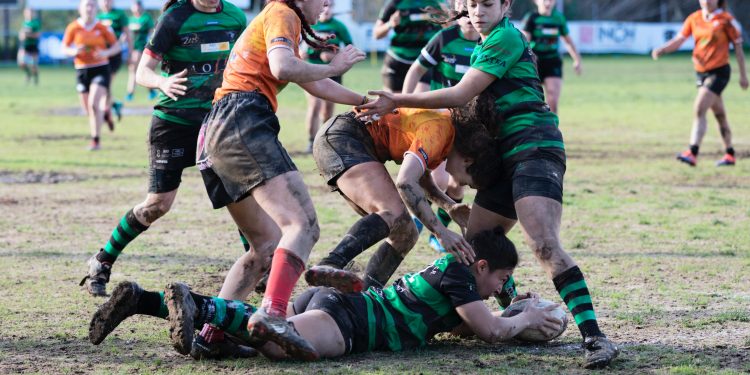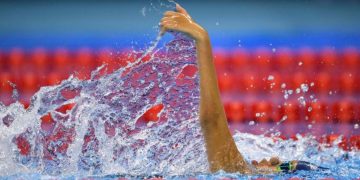Fill Me In
World Rugby became the first international sports governing body to ban transgender athletes from competing in global competition such as the Olympics and the Rugby World Cup.
However, each country will have the autonomy to decide whether to permit transgender women to participate in domestic rugby competitions.
When was the ban announced?
The ban was announced on 9 October 2020 after a notable Swedish research about 11 transgender women were published.
What did the research find?
The research found that transgender women continue to maintain the muscle strengths in their thighs and lose only five per cent of the muscle mass after a year of testosterone inhibition.
So what does this mean?
It was not an easy decision for the World Rugby institution but after deliberating the issue for nine whole months, they have stepped out to address the matter.
According to them, as a collision sport where injuries typically occur, “safety and fairness cannot be assured for women competing against transwomen in contact ruby.”
What this essentially means is that although there has been no statistics to support this claim, they are worried that transgender athletes can cause major injures when tackling cisgender women.
Male athletes have the upper hand in many sports due to their larger skeletal structure and greater muscle mass and strength as compared to women. Thus, men and women mostly compete in separate divisions to ensure fairness and safety for all participating athletes.
Although there is no scientific research to back up that transgender athletes perform better, studies have shown that their mass strength and muscle mass continue to be an advantage even after undergoing testosterone inhibition.
What are people saying?
The World Rugby’s decision to ban transgender athletes from competing in global competitions have been criticised by academics who have written to the sport’s governing body insisting that there is no research to back up their reasoning.
84 leading academics from a wide range of field including sports and public health co-signed the letter stating the ban discriminates against a vulnerable group of people.
However, World Rugby issued a defence with its research stating that there is an increase of 20 to 30 per cent in injury risk factors should a male-bodied and female-bodied player get involved in tackles — even if transgender women suppress their testosterone in line with the Olympic Committee rules.
A “Rugby For All” campaign was all kick started in July when details of its new policy first leaked. Since then, more than 100 international athletes officials and governing body have criticised the measure.
Can transgender athletes compete in the Olympics?
While the world of sports continue to move towards diversity and inclusivity, the issue surrounding transgender athletes remains contentious.
In 2003, the International Olympic Committee (IOC) allowed the participation of athletes who had undergone sex reassignment. However, in 2015, the IOC produced a set of guidelines stating that testosterone levels must be kept below a threshold before transgender athletes are allowed to compete.
Transwomen will have the right to participate in Olympic sports if they declare that they identify as a woman with a concentration testosterone to be less than five naonomoles per litre continuously for a period of at least 12 months prior to being declared eligible. The previous limit was 10.
At least three would’ve competed in Tokyo
So in short, yes, transathletes can compete in Olympics if they meet the requirements set by IOC. However, with that being said, there were no transgender athletes who have competed at any Olympics since 2003.
But that was about to change when at least three transgender females could be among the 11,000 athletes in the Tokyo Olympics that was supposed to take place before the pandemic happened.
The flip side in other parts of the world
Australia
On the other side of the world, eight Australian federations, including those for tennis and Rugby, issued guidelines to encourage the participation of transathletes earlier this month.
In the past, Australia sports have been criticised by transgender activist for not doing enough to include the community. However, it is good to know that the country is moving towards the right direction.
In order to participate in competitions, Rugby Australia has issued a guideline which requires transgender athletes to have a medical specialist complete a consent form that certifies that their “physical development, skill level and experience are appropriate” for the full contact sport.
Canada
While in Canada, no requirement is needed for transathletes to take hormones or disclose their transgender status.
England
Although the World Rugby has banned transgender athletes to participate in global competitions such as the Olympics, the sports governing body in England have said that the ban will not stop transathletes from playing in the women’s division.
The Rugby Football Union (RFU) have said that transwomen will still be allowed to compete in the women’s matches if they maintain testosterone levels below a certain level for a year with more evidence required in order for a full ban to be placed.
While there is no one-stop solution for this issue, it is still encouraging to know that in some parts of the world, sports can still bring people together.














